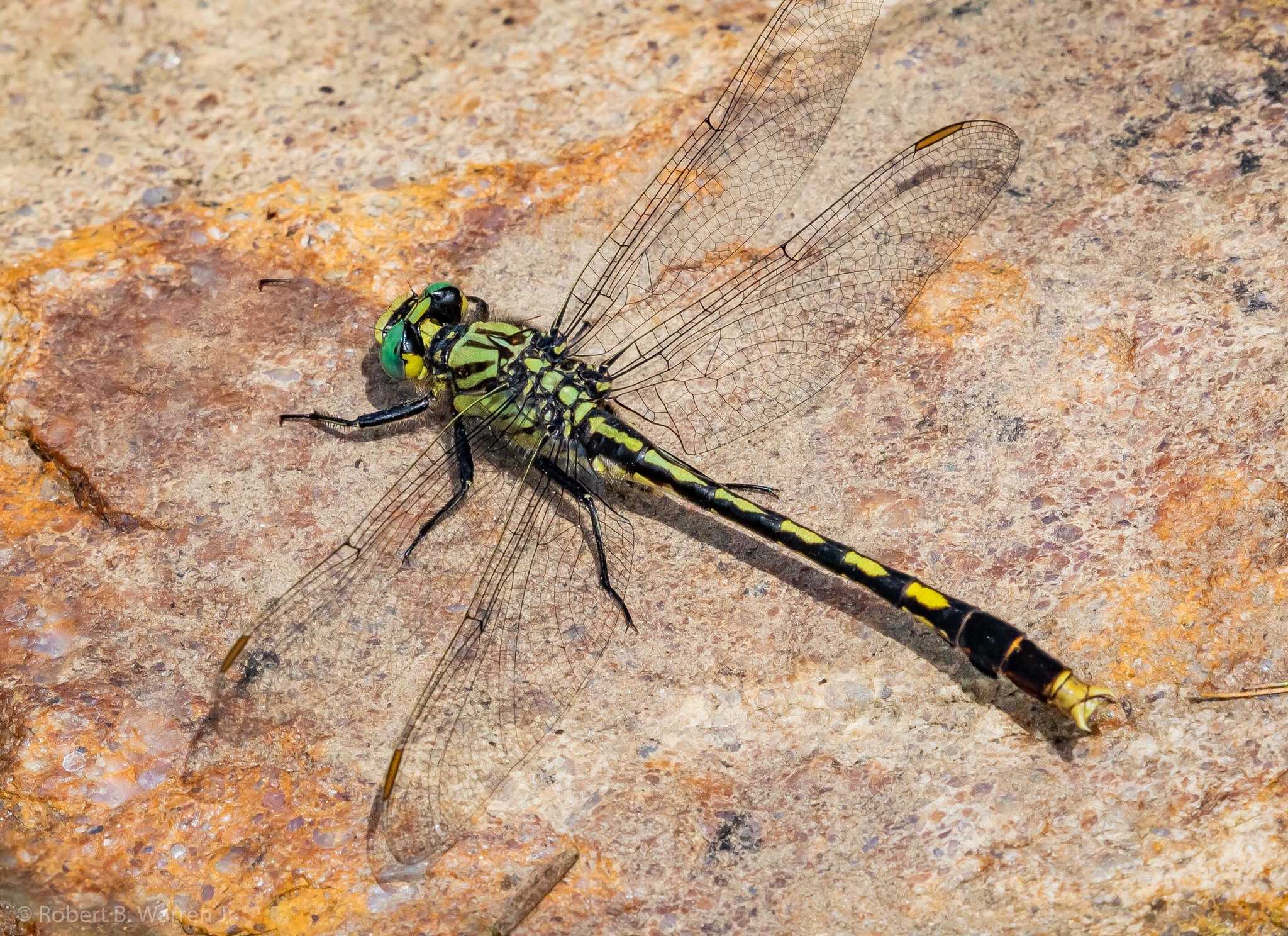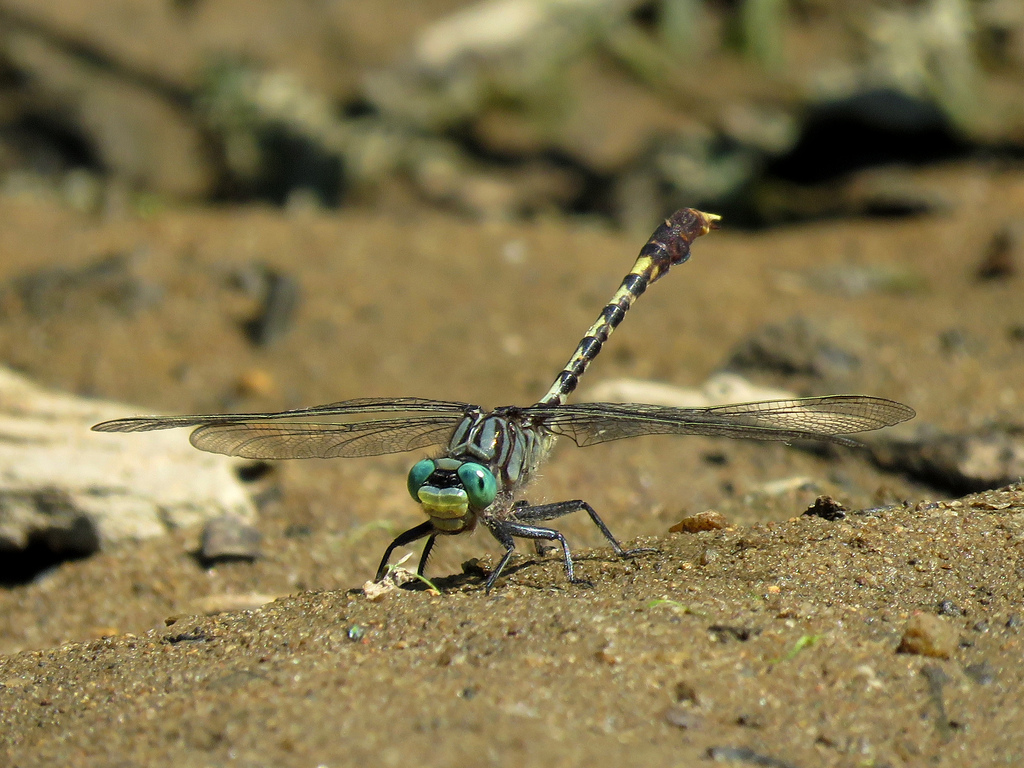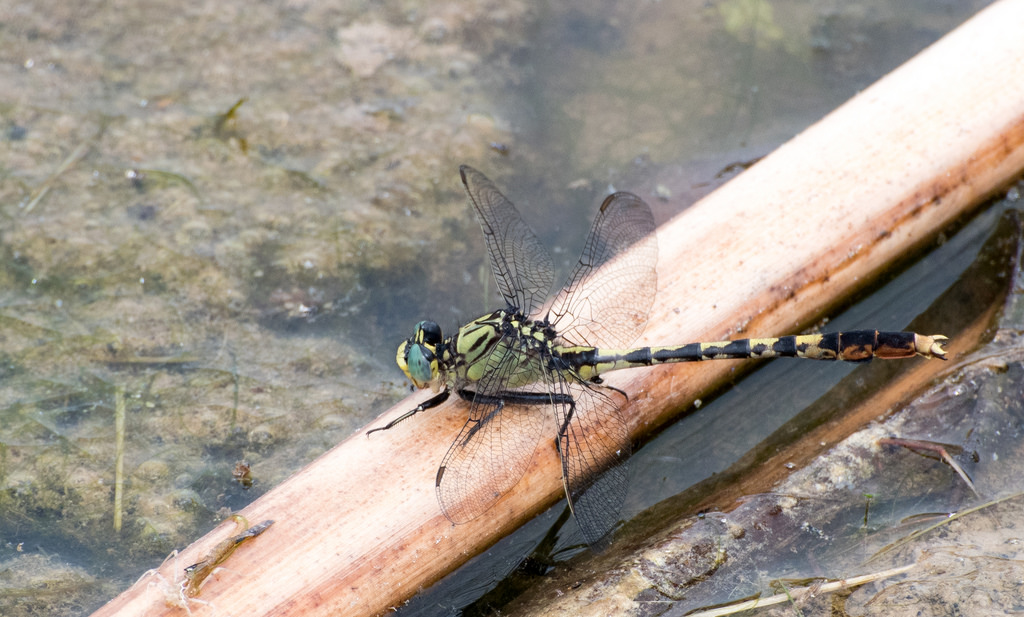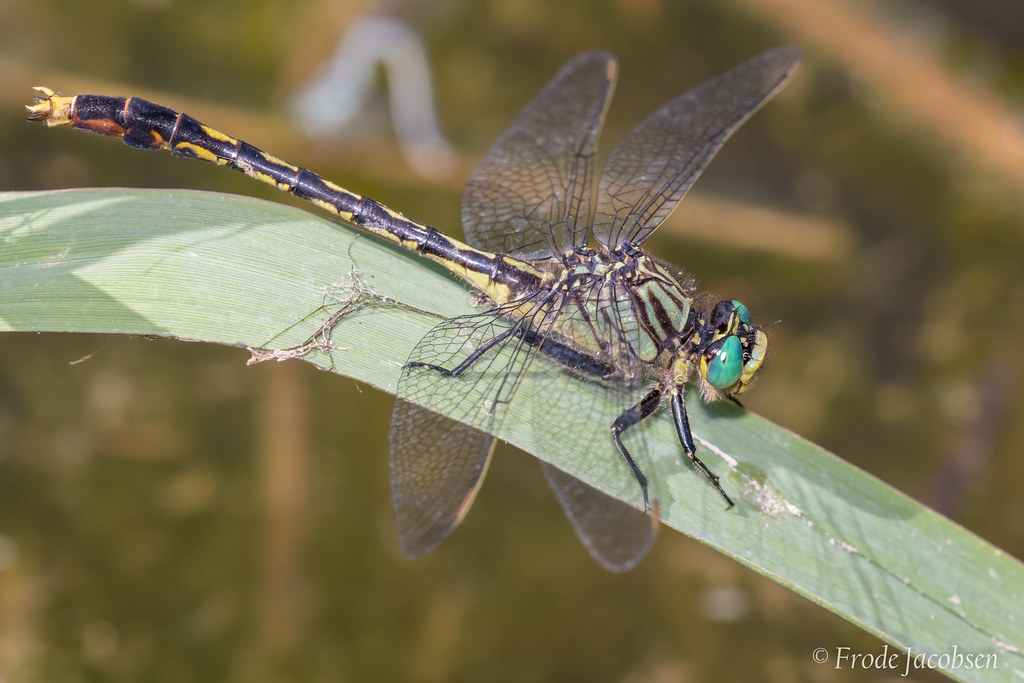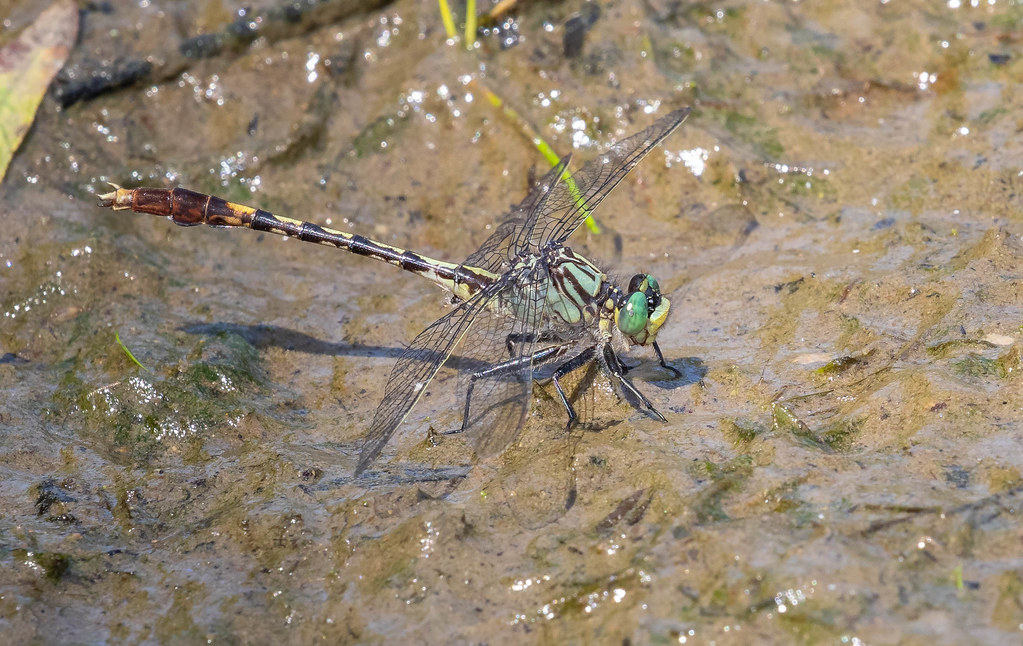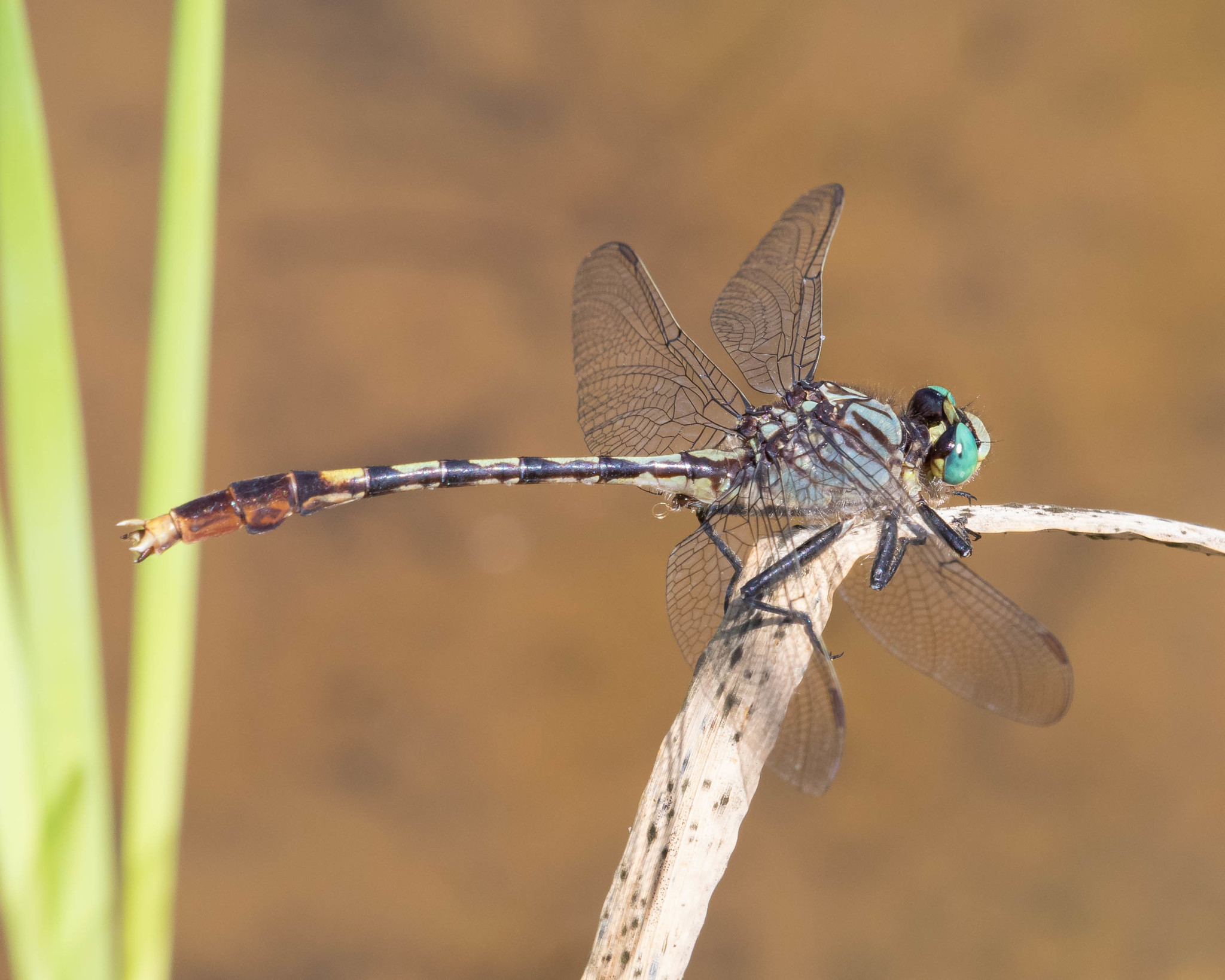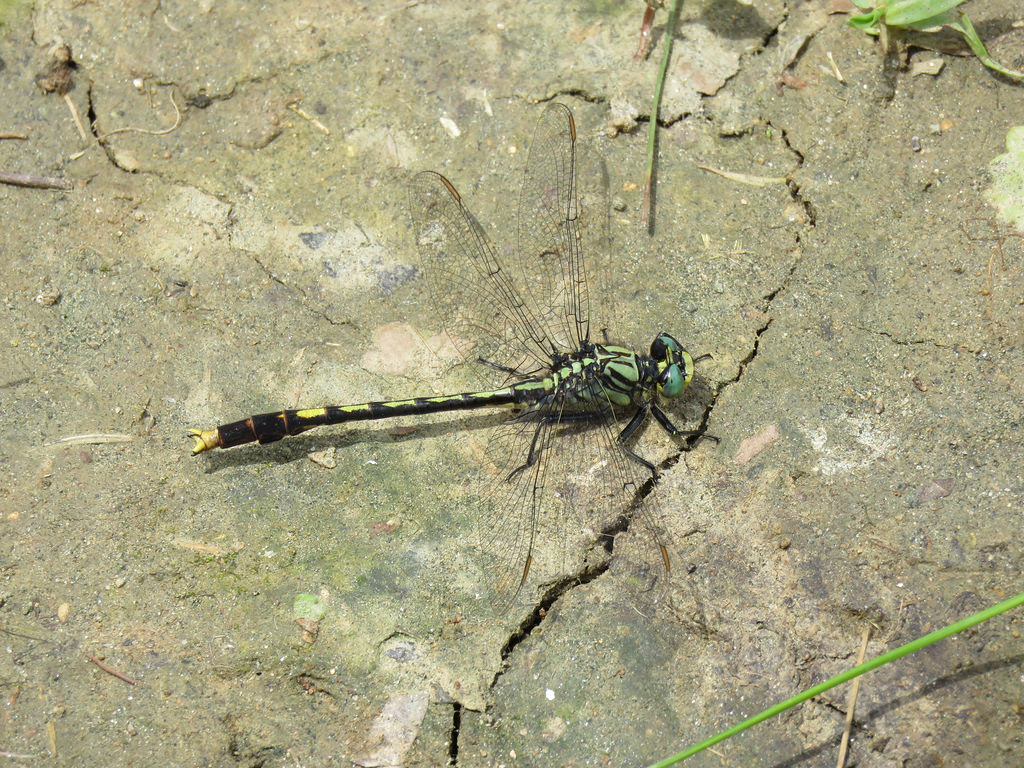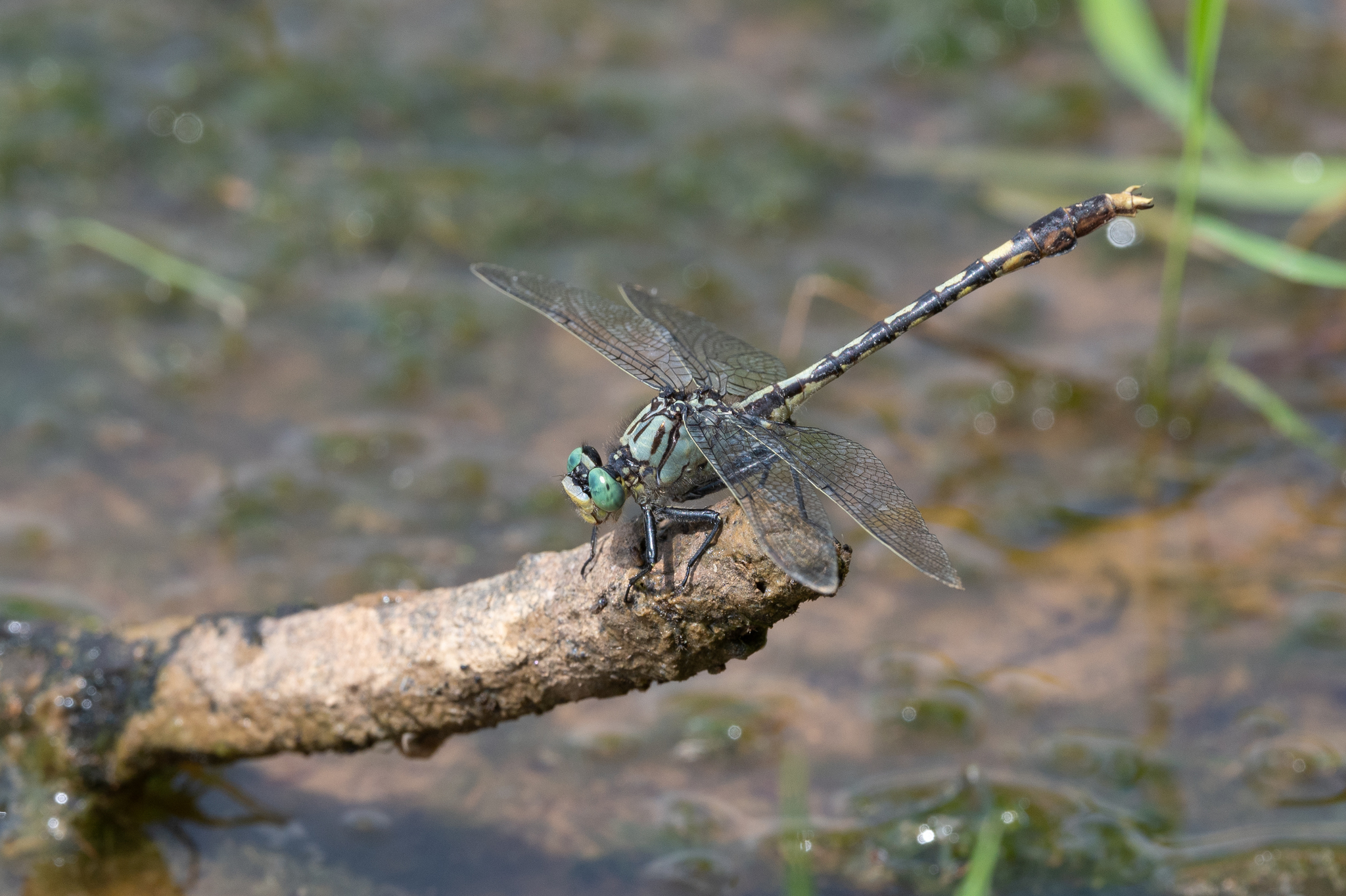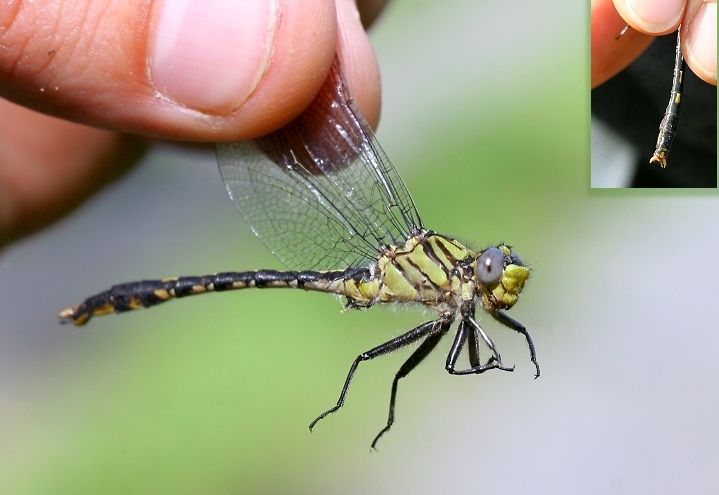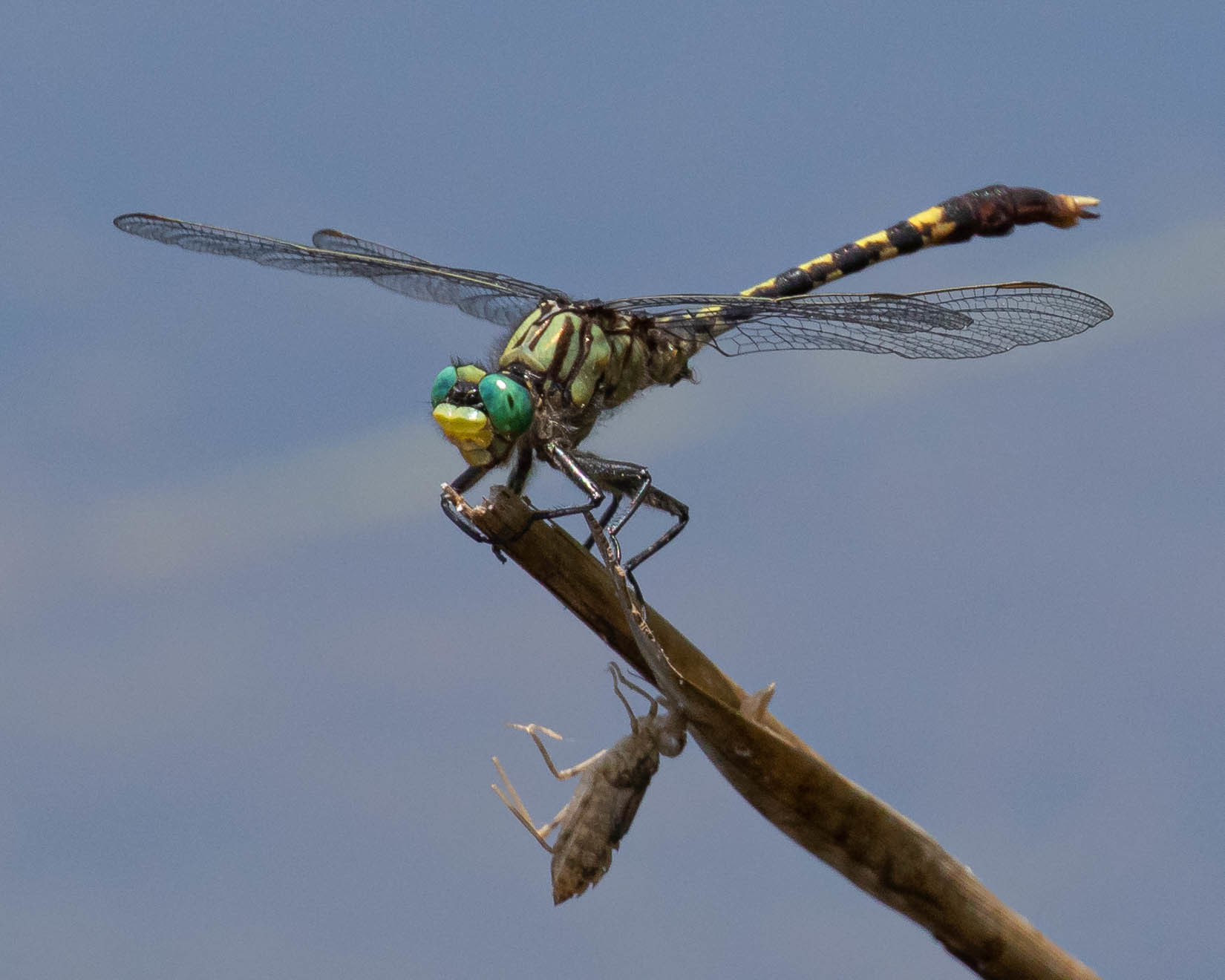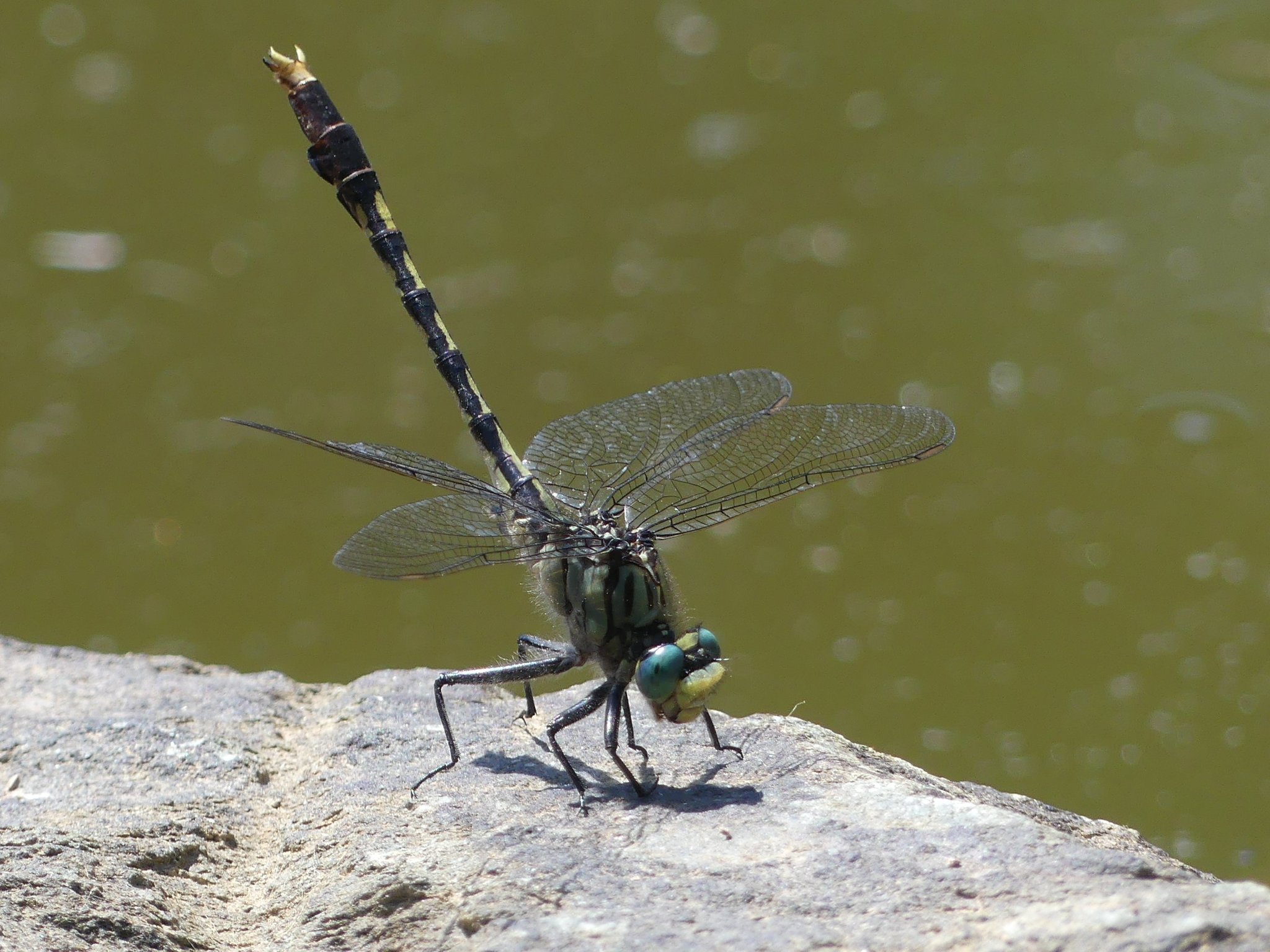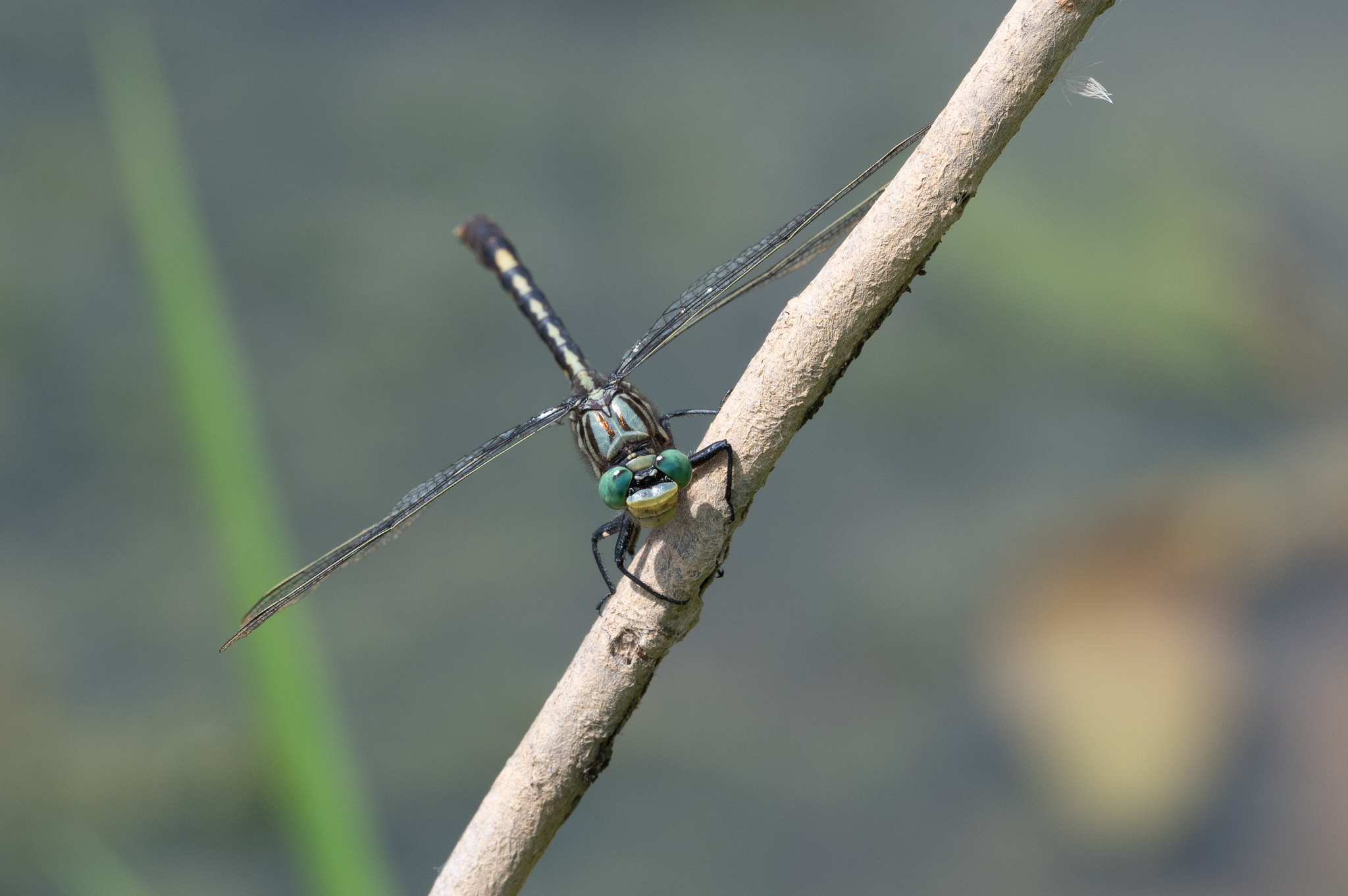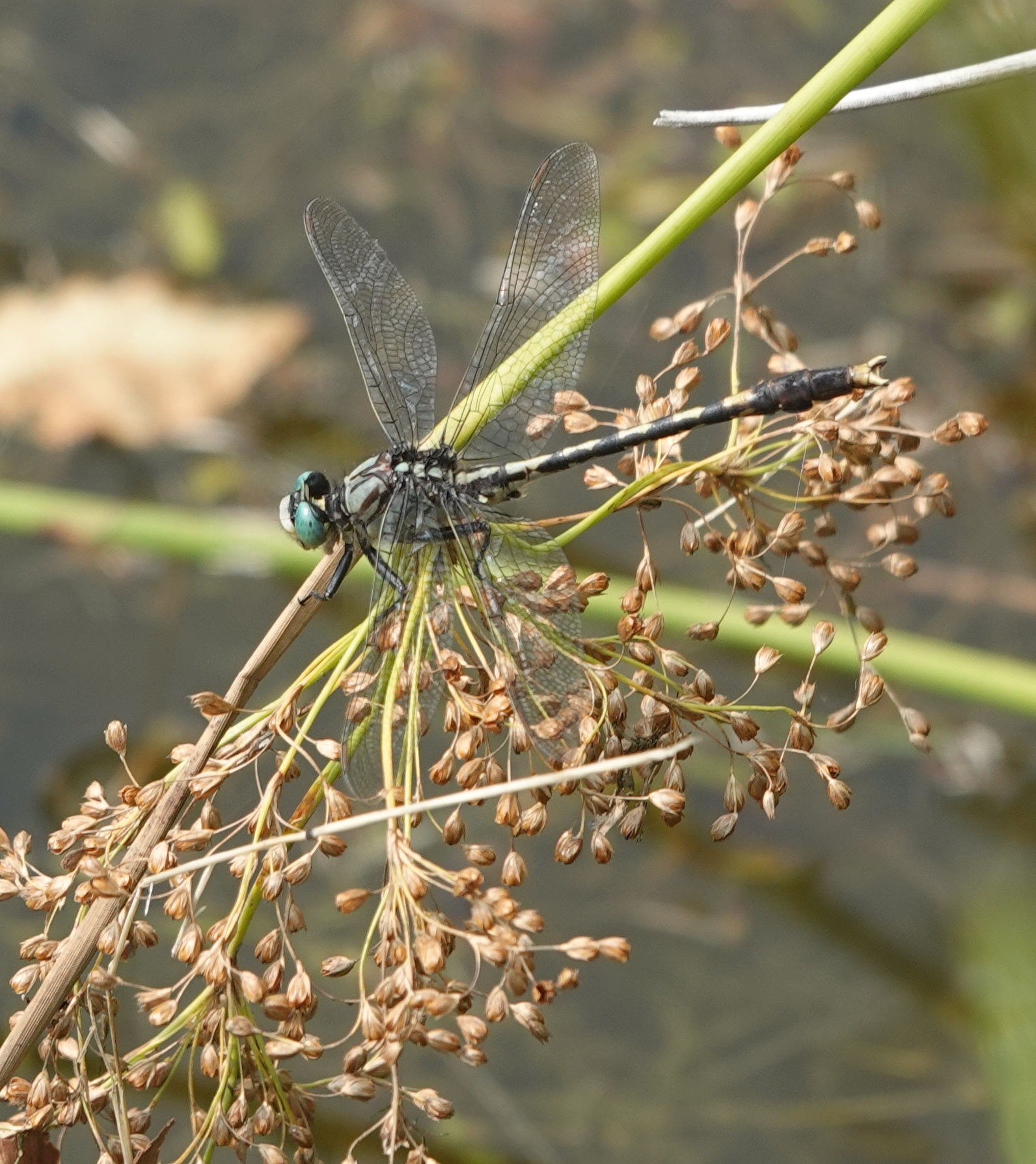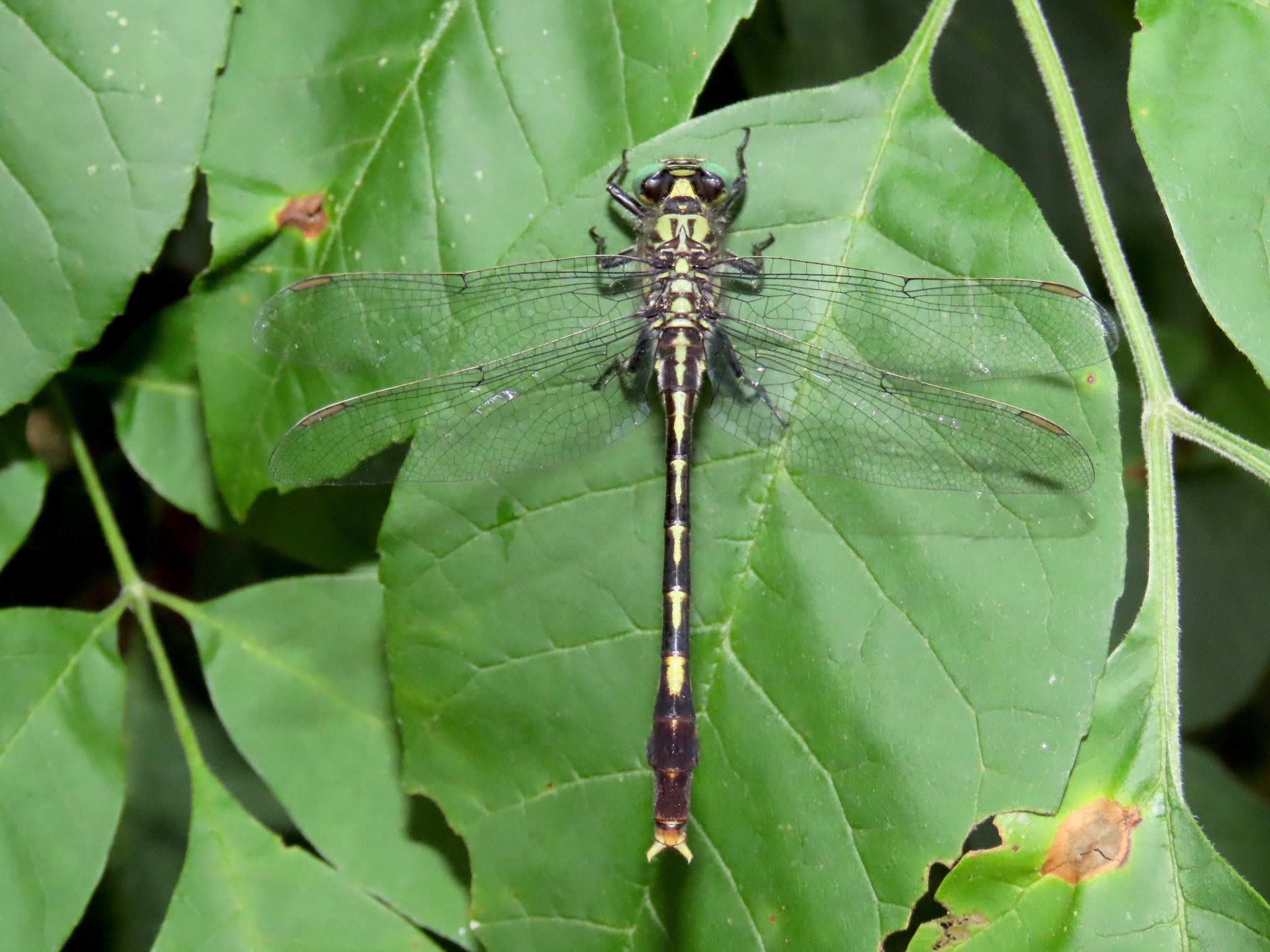Map Snapshot
























365 Records
Status
Unicorn Clubtail (Arigomphus villosipes) is named for the conspicuous projection on the occiput, the posterior region of the top of the head, between the eyes. This dragonfly prefers stillwater habitats, like ponds,lakes, or slow sections of creeks, with a mud substrate and generally without dense aquatic vegetation. It is usually found perched on the banks, or on floating plants or algae (Dunkle, 2000). In Maryland, this species is widespread, with records from nearly every county, although evidently it does not occur in large numbers (Richard Orr's The Dragonflies and Damselflies of Maryland and the District of Columbia).
Seasonality Snapshot
Source: Wikipedia
| Arigomphus villosipes | |
|---|---|

| |
| Scientific classification | |
| Domain: | Eukaryota |
| Kingdom: | Animalia |
| Phylum: | Arthropoda |
| Class: | Insecta |
| Order: | Odonata |
| Infraorder: | Anisoptera |
| Family: | Gomphidae |
| Genus: | Arigomphus |
| Species: | A. villosipes
|
| Binomial name | |
| Arigomphus villosipes (Selys, 1854)
| |
| Synonyms[2] | |
| |
Arigomphus villosipes, the unicorn clubtail, is a species of clubtail in the dragonfly family Gomphidae. It is found in North America.[2][3][1][4]
The IUCN conservation status of Arigomphus villosipes is "LC", least concern, with no immediate threat to the species' survival. The population is stable. The IUCN status was reviewed in 2017.[1][5][6]
![]() Media related to Arigomphus villosipes at Wikimedia Commons
Media related to Arigomphus villosipes at Wikimedia Commons
References
[edit]- ^ a b c Paulson, D.R. (2017). "Arigomphus villosipes". IUCN Red List of Threatened Species. 2017: e.T51178639A65836374. doi:10.2305/IUCN.UK.2017-3.RLTS.T51178639A65836374.en. Retrieved 12 November 2021.
- ^ a b "Arigomphus villosipes". Integrated Taxonomic Information System. Retrieved 2019-09-23.
- ^ "Arigomphus villosipes". Global Biodiversity Information Facility. Retrieved 2019-09-23.
- ^ "Arigomphus villosipes species Information". BugGuide.net. Retrieved 2019-09-23.
- ^ "Odonata Central". Retrieved 2019-07-02.
- ^ "World Odonata List". Slater Museum of Natural History, University of Puget Sound. 2018. Retrieved 2019-07-02.
Further reading
[edit]- Kalkman, V. J. (2013). Studies on phylogeny and biogeography of damselflies (Odonata) with emphasis on the Argiolestidae (PhD). Leiden University. hdl:1887/22953.
